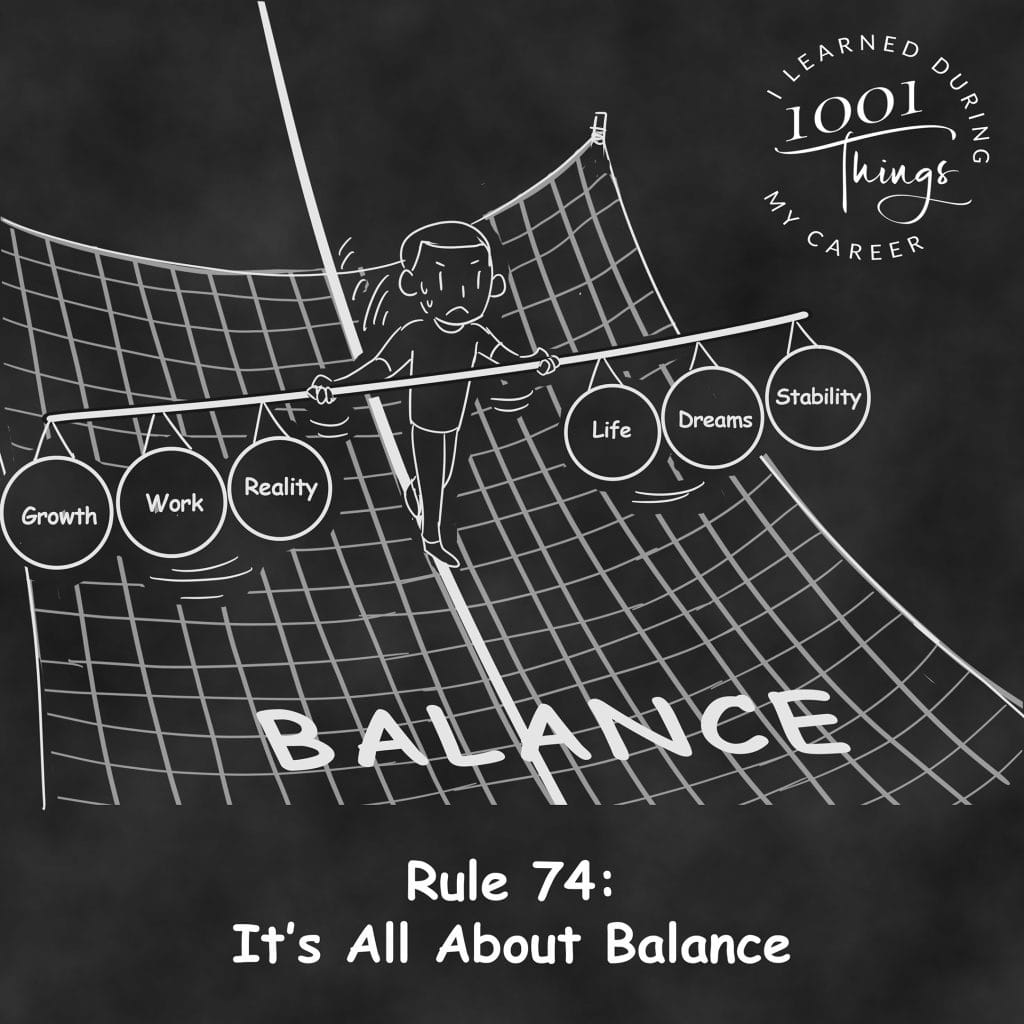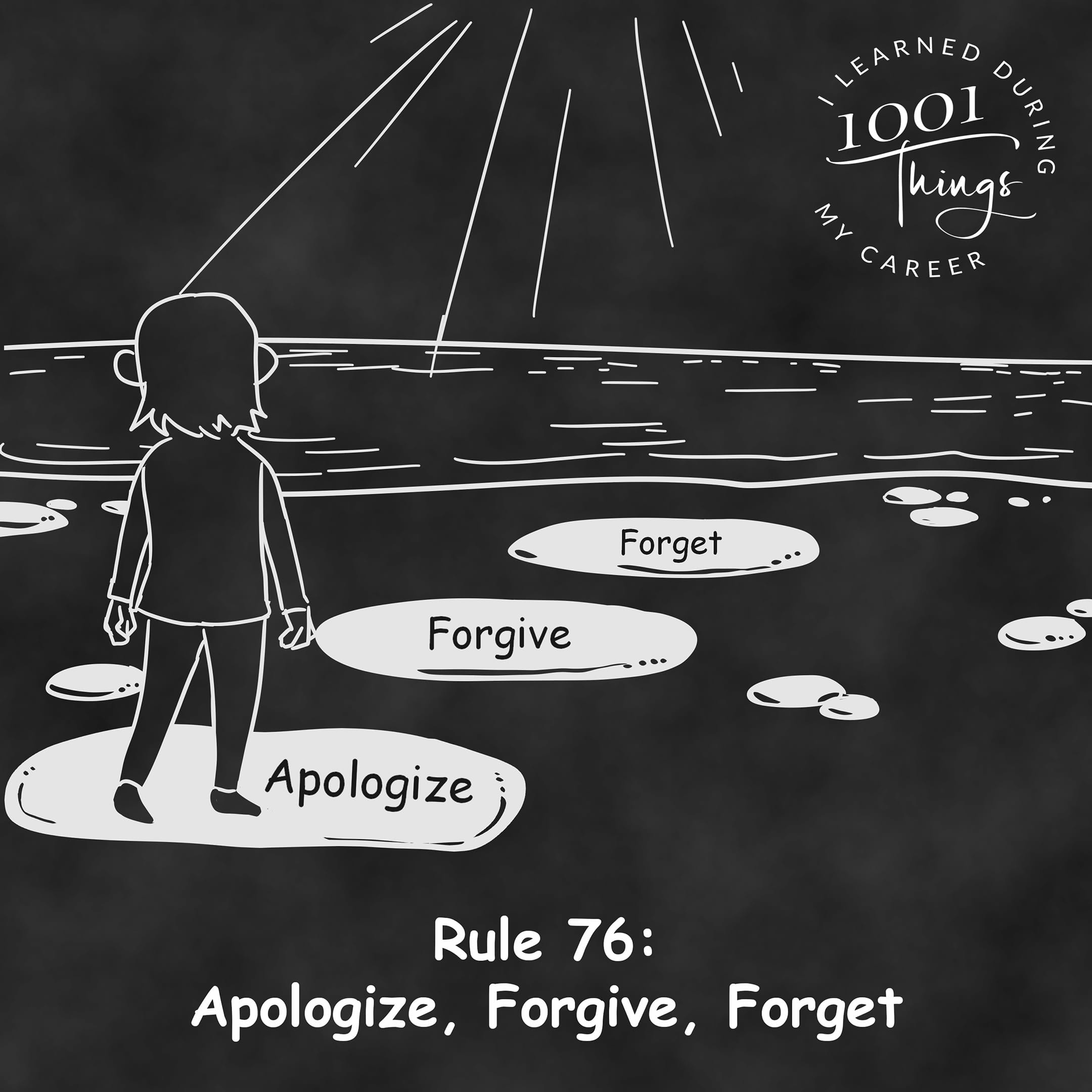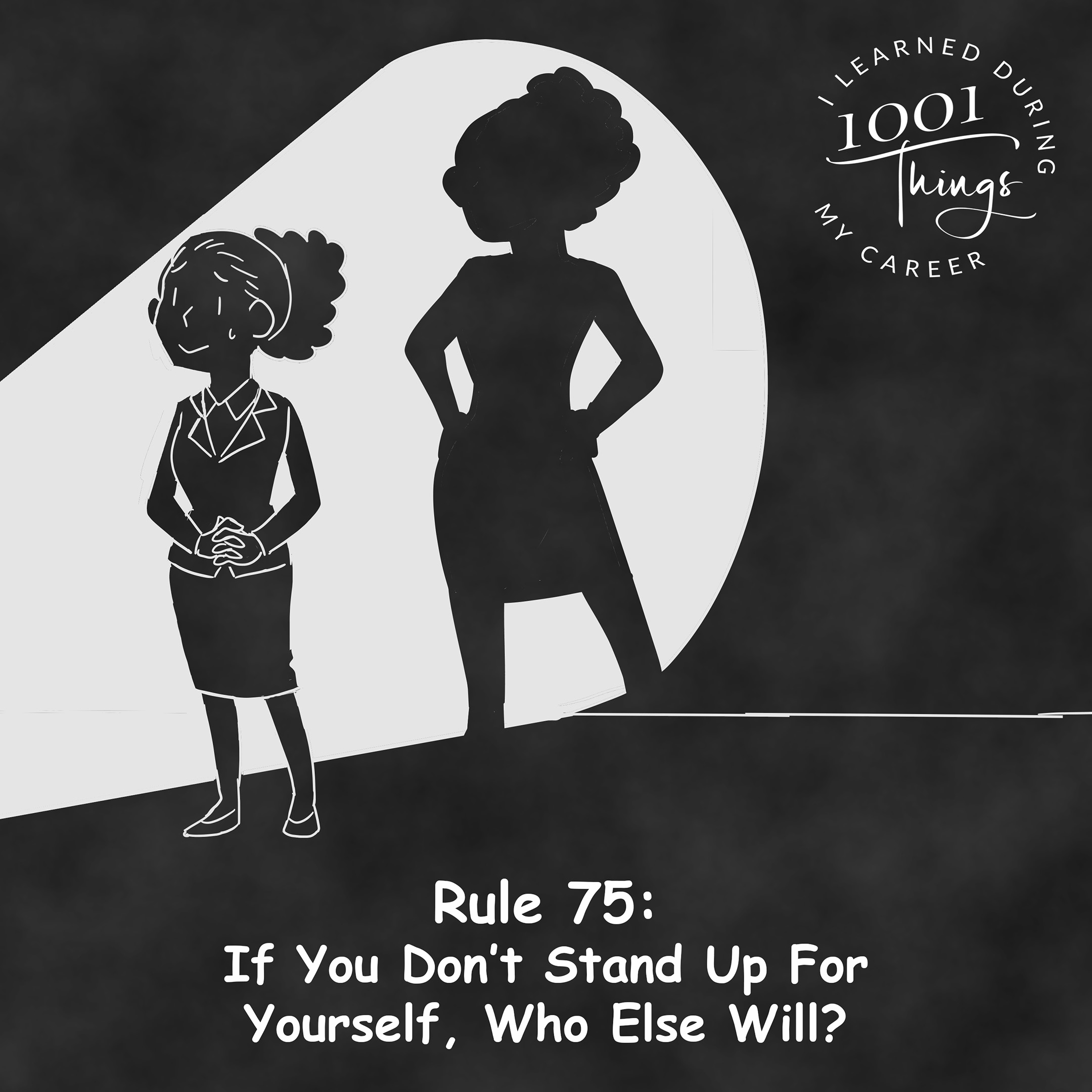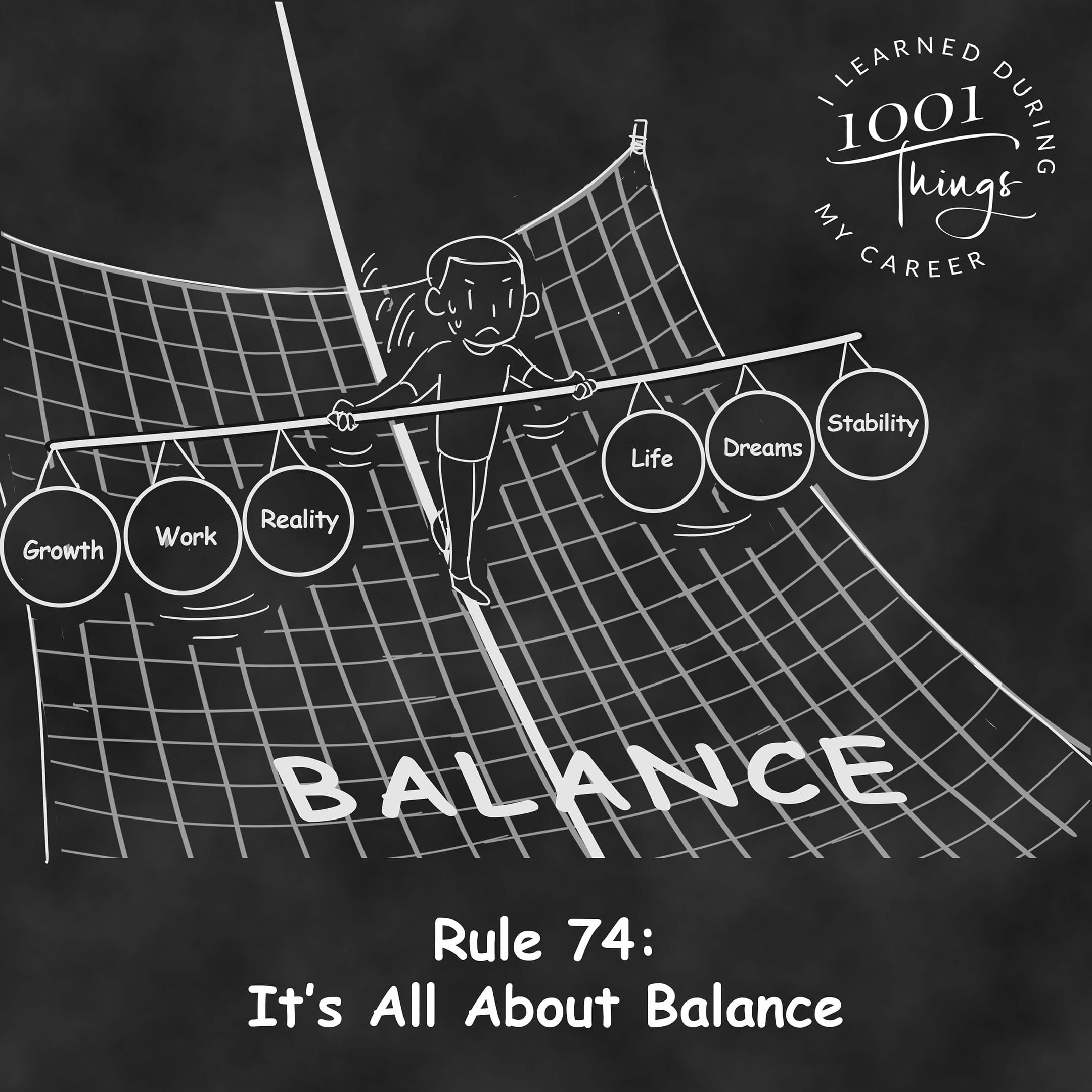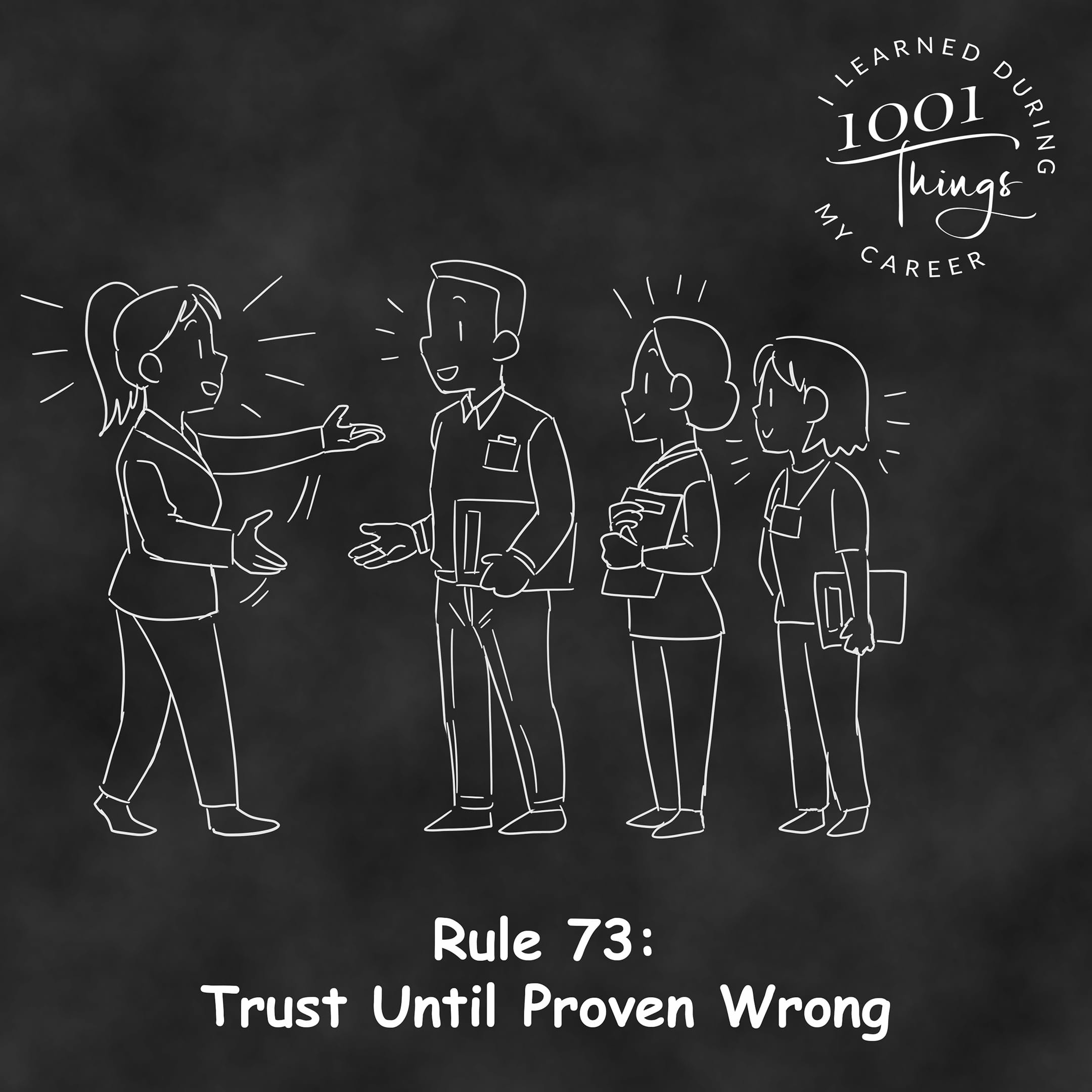In a world that often celebrates the “all-or-nothing” approach, it’s easy to believe that total commitment is the only path to success (I even wrote a rule about it). And while it’s true that committing fully is often necessary to achieve our dreams, life itself is ultimately about balance.
Take work-life balance, for instance: it’s a term thrown around a lot, and achieving it is an ongoing challenge. Life comes with its seasons, and balance isn’t about achieving the perfect split between work and personal life; it’s about managing your priorities. There are times when work demands your full attention – critical projects, career changes, or new opportunities that require late nights and focus. But just as importantly, there are times when family, friends, and personal well-being must take precedence. Dedicating your holidays solely to yourself and your family by putting aside work emails and ignoring calls is not selfish, it’s a vital act of rebalancing that strengthens your relationships and personal resilience. True balance is knowing when to let work take a back seat and focusing entirely on what truly matters in your personal life, creating a sustainable rhythm rather than an unachievable equilibrium.
A great example from the business world is Patagonia, the outdoor apparel company: under the leadership of founder Yvon Chouinard, the company made bold, balanced choices – like urging customers to buy less, taking stances on environmental policy, and pledging 1% of sales to the planet. They’ve even gone so far as to transfer ownership of the company to a trust that ensures all profits are used to combat climate change. This careful balance between profit and purpose didn’t hurt the business, on the contrary: it strengthened customer loyalty, employee engagement, and long-term sustainability. Patagonia’s example proves that business doesn’t have to choose between success and values – with the right balance, you can have both.
On a societal level too, balance fosters stability and cooperation: systems that encourage shared responsibility and distributed decision-making help maintain harmony, even in diverse and polarized populations. Consider my home country Switzerland, known for its unique political and social balance. With a federal system of governance that empowers cantons (regional states) and a culture of consensus-building, Switzerland has managed to integrate different people, languages, cultures, and viewpoints into a cohesive and thriving nation. This balance doesn’t mean perfection, but it allows for resilience and adaptation in the face of diversity.
In the end, balance is about adaptability, not perfection. It’s about knowing when to push forward and when to step back, creating a dynamic give-and-take that allows us to pursue our dreams without losing touch with ourselves or others. So remember, life is less about reaching a static equilibrium and more about learning to adjust, realign, and create harmony amid the demands you face. It may be difficult to master, but it’s a pursuit that offers lasting stability and fulfillment.

